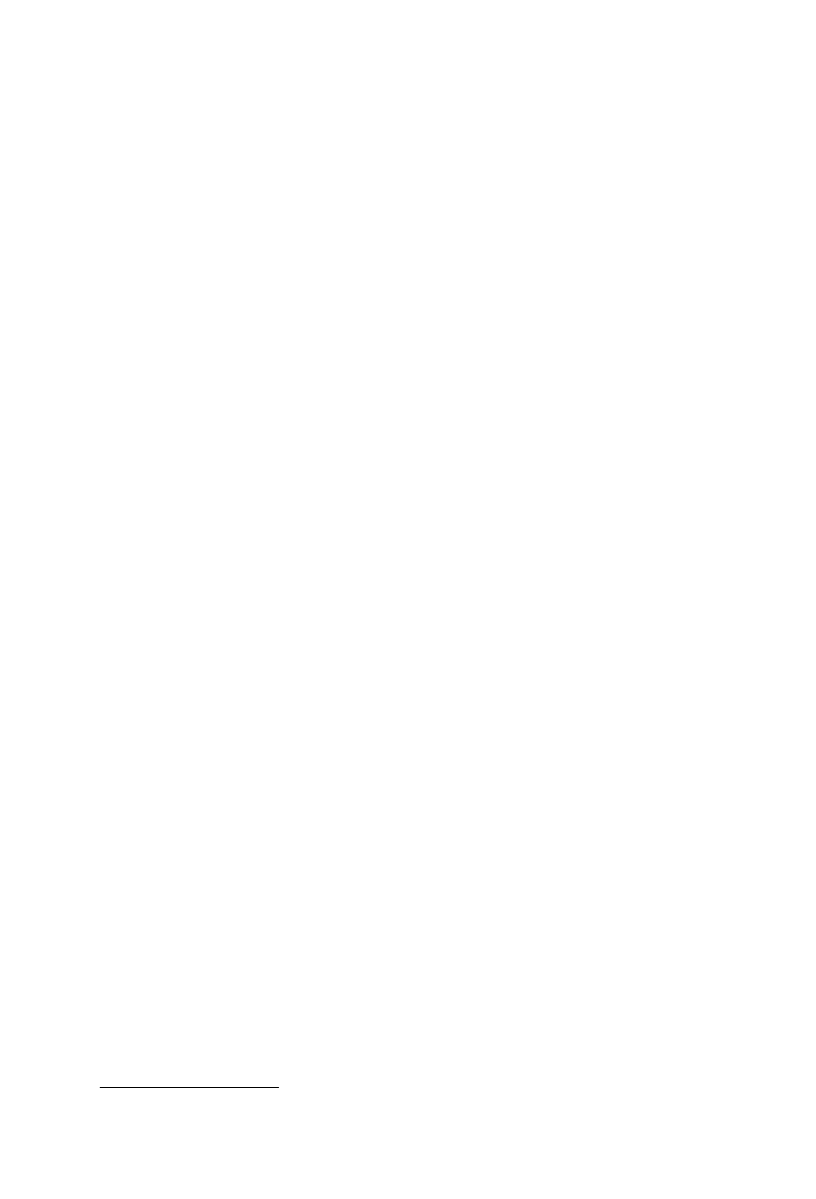

Act, (1) that undertakings, which violate competition may be subject
to fines of up to 10% of their revenues within the scope of the investi-
gation and that (2) managers and employees may be subject to fines of
up to 5% of the fine imposed on the undertaking or association of
undertakings.
Deterrence in Competition Infringements
The Regulation Project on Fines sets forth that the Board may
increase the fine to be imposed on undertakings that have a particular-
ly large turnover beyond the sale of goods or services to which the
infringement relates. However, this provision is not in compliance with
the new system brought by the Regulation Project on Fines which
holds that the turnover of the undertaking in the relevant product and
geographic market shall be taken as a basis for the calculation of the
fine. Moreover, neither does the provision state the increase amount to
be applied by the Board, which may cause arbitrariness.
To Whom does the Regulation Project on Fines Apply?
Parties to a Concentration
The Regulation Project of Fines clearly states that mergers and
acquisitions are within the scope of the Regulation Project. This is in
complete compliance with Communiqué No. 2010/4, as Article 10 of
said Communiqué states that fines will be imposed as per Article 16 of
the Competition Act in cases where (1) all information is not provided
completely and correctly and (2) mergers and acquisitions subject to
authorization are implemented without the authorization of the Board.
Persons Involved in Competition Infringement
The Regulation Project on Fines sets forth, by referring to Article
14 of the Faults Act dated 30.03.2005 and numbered 5326
4
, that fines
should also be imposed on persons involved in competition infringe-
ment.
However, the Competition Act states, by referring to Article 17/2
of the Faults Act, that the Board should take into account facts such as
COMPETITION LAW
223
4
Faults Act regulates faults and not crimes.
















